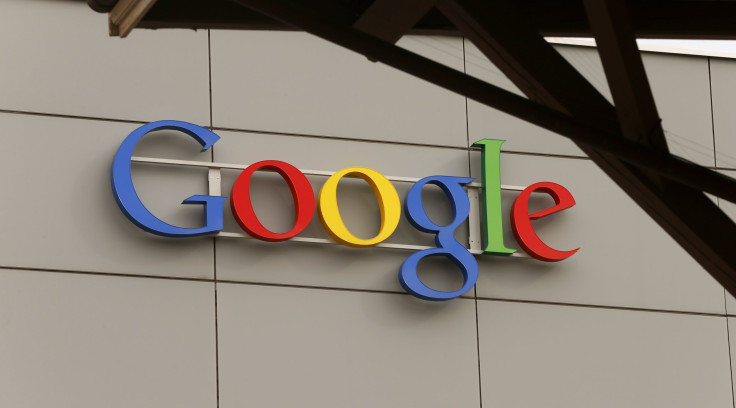Novartis to begin human testing of Google’s smart contact lens in 2016

Switzerland-based pharmaceutical giant Novartis plans to rollout the first human tests of Google lens in 2016. Google has designed the “smart” contact lenses, which are capable of testing the glucose levels in the tears of diabetic patients.
In 2014, Novartis and Google joined hands to develop the “smart” contact lens to help eliminate the painful process of finger pricking for diabetic patients. Every one person out of 19 under the sun is affected by the disease. With the help of the new smart contact lens, users can now restore their eye’s natural autofocus and experience accommodative vision correction for long-sightedness in aged people, Reuters reported.
“This project is progressing well,” said Joe Jimenez, Chief Executive, Novartis, in an interview with Swiss newspaper Le Temps as quoted by Reuters. To date, many scientists have been testing bodily fluids like tears for providing an alternative way for testing glucose levels. The Google blog mentioned that the smart contact lens will exactly look like a regular soft contact lens. But a minuscule wireless chip and a glucose sensor will be fixed between two super thin layers of soft contact lens material.
The prototypes can generate readings once in every second and measure blood sugar levels with the wearer’s tears. Google will also be exploring the possibilities of including LED lights inside these lenses, which could indicate if the glucose levels have crossed the threshold limit or not and provide an early warning to the wearer.
Before commercial distribution of the product, Google needs to validate multiple clinical research studies to refine the initial prototype. The blog mentioned that the company will be looking at partnering with experts to bring the product in the market after discussing with FDA.
The Diabetes Programme of the World Health Organisation states that 347 million people worldwide have diabetes. WHO has also projected that death toll from diabetes will double between 2005 and 2030. In the time when the International Diabetes Federation declaring the world to be “losing the battle” against diabetes, Google smart lens may come up with a viable solution to the disease.
Contact the writer at feedback@ibtimes.com.au or let us know what you think below.






